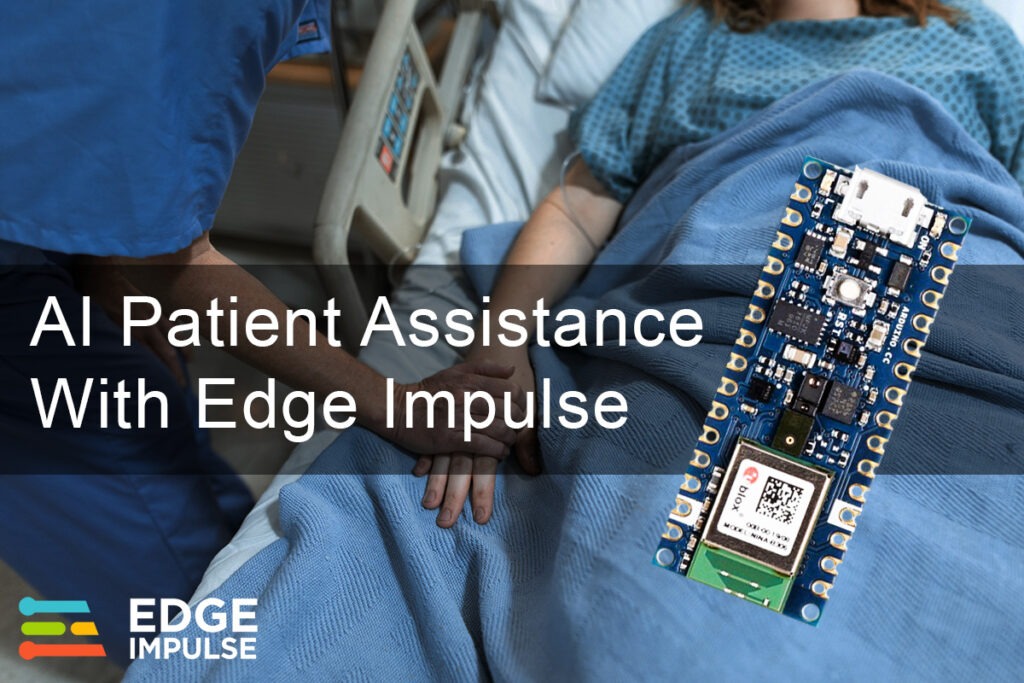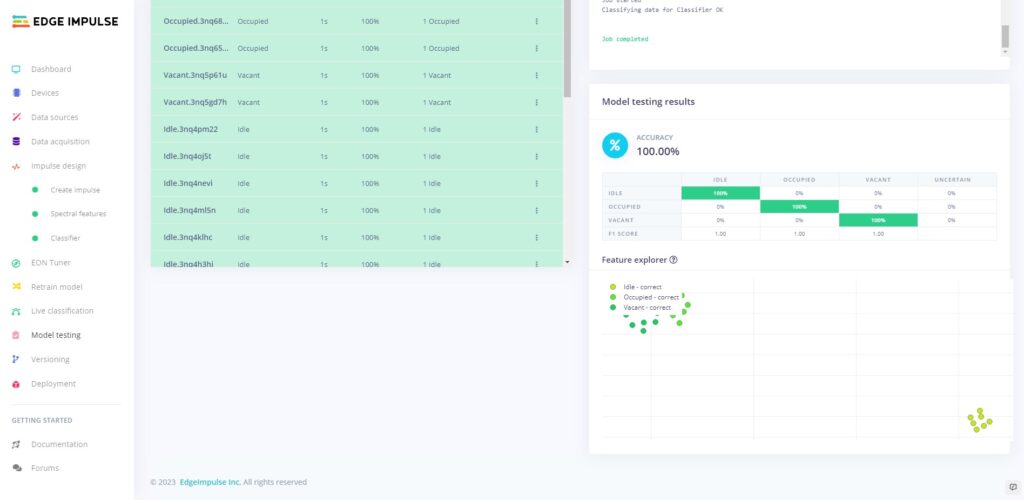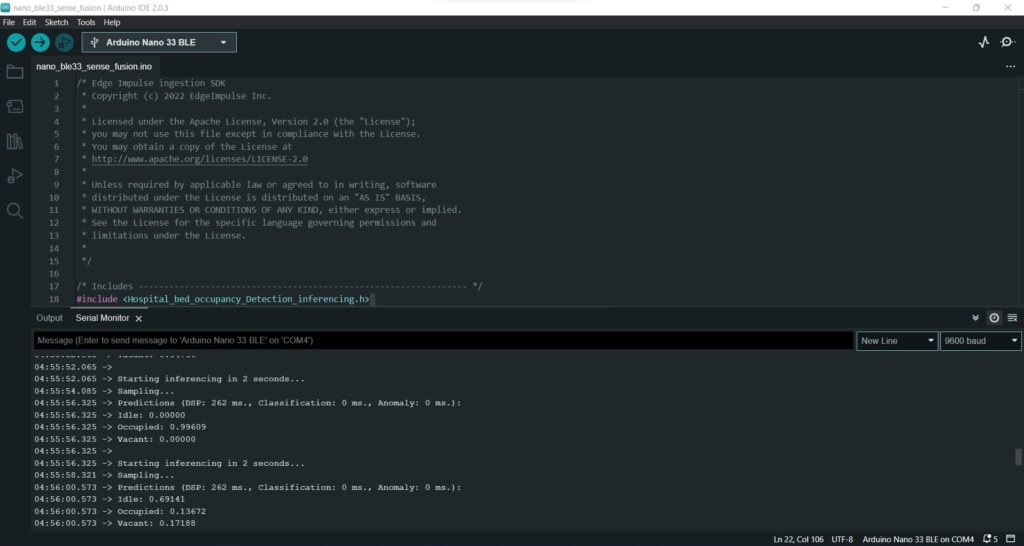Monitoring hospital bed occupancy with an Arduino Nano 33 BLE Sense

In care facilities and hospitals, being able to tell when beds are occupied or free is vital knowledge for the staff, as they can move onto other tasks more quickly with up-to-date information. Adam Milton-Barker’s hospital bed occupancy detection system aims to accomplish this goal by combining embedded machine learning models and connected hardware for gathering real-time data.
Milton-Barker’s first step was to create a new Edge Impulse project and add several samples of himself either getting into bed for an occupied status or standing up to indicate a vacancy by taking continuous measurements from a Nano 33 BLE Sense’s built-in accelerometer, gyroscope, and magnetometer. Once passed through a spectral analysis block, the resulting nine-channel data was used to train a classification model that could accurately detect when a person either gets in or out of bed, or for a lack of general activity.

The resulting model was exported as an Arduino library and added to a custom sketch that fuses the readings from each of the sensors’ three axes and passes it through the same spectral analysis block and the now-trained model to receive an inference.

In his project write-up, Milton-Barker speculates that this solution could be further extended by leveraging the Arduino’s onboard LEDs, Bluetooth connectivity, and recognizing more motions.